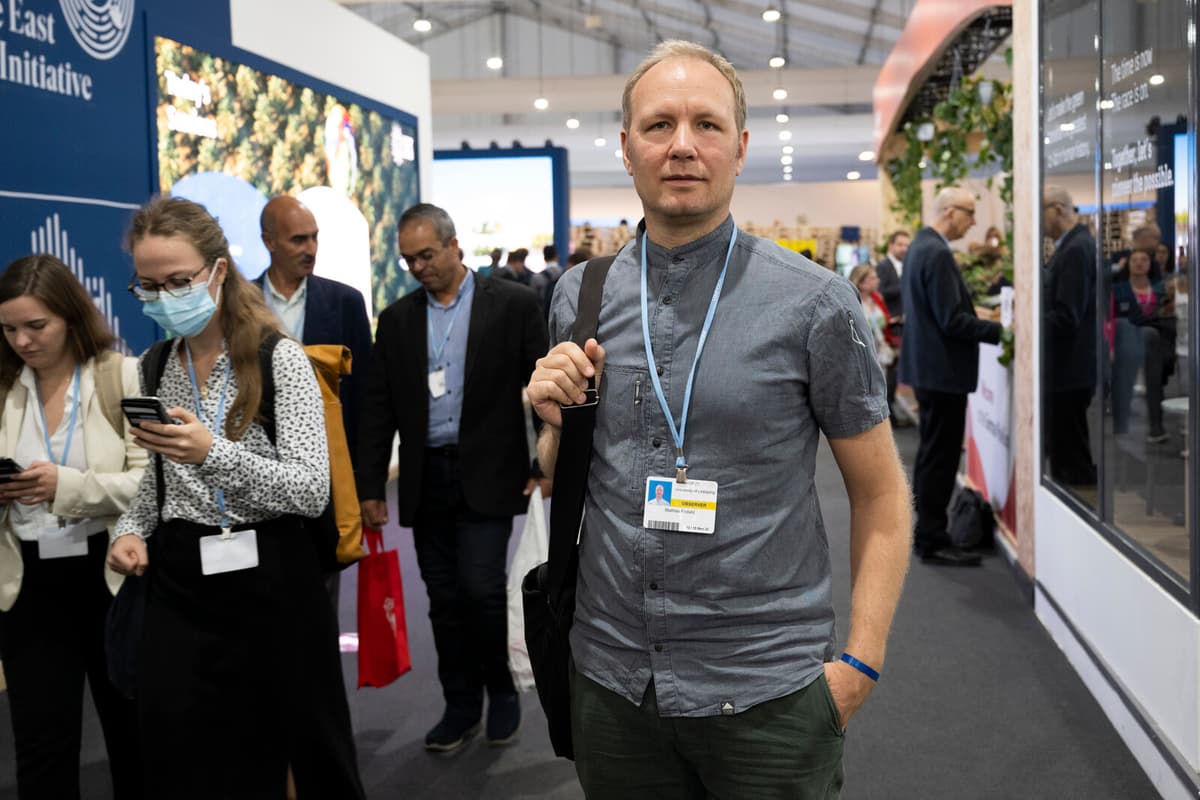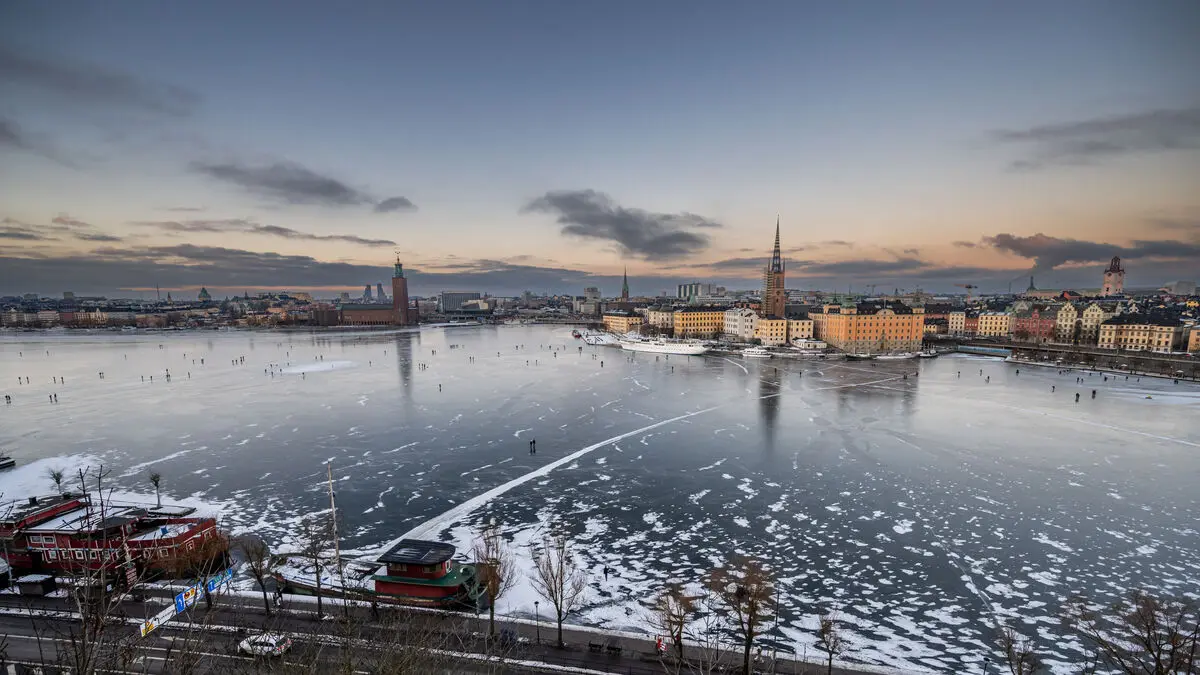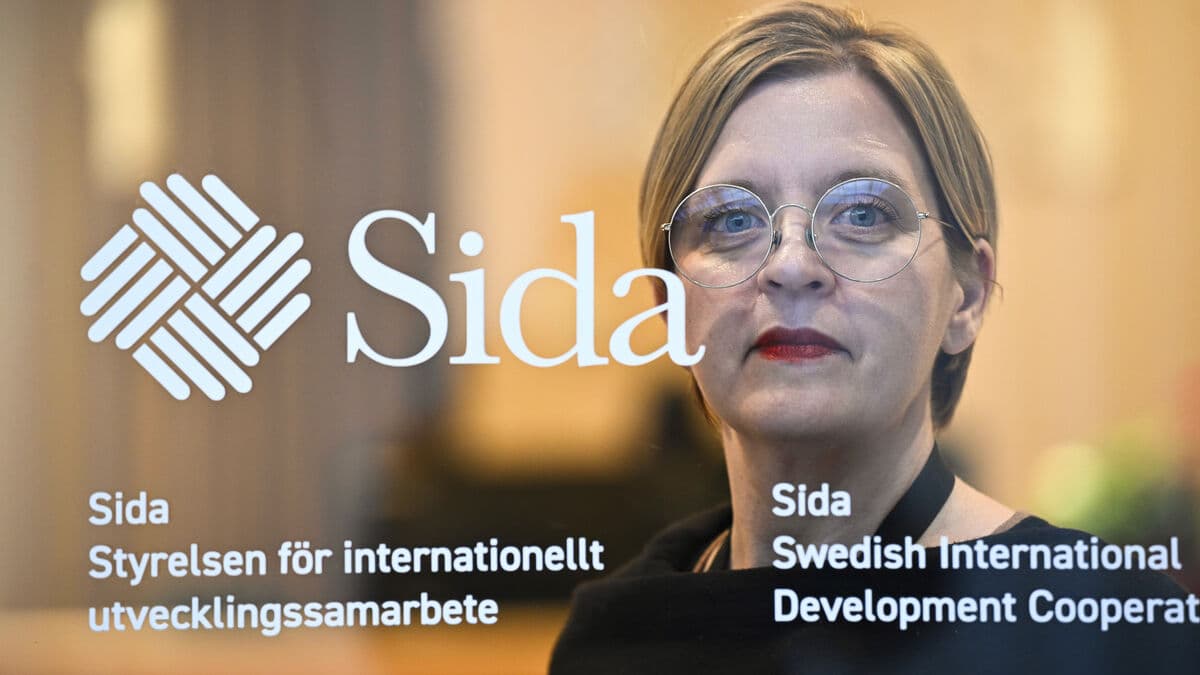The COP 29 meeting in Baku leaves a sense of disappointment with Mathias Fridahl, who is a lecturer at Linköping University and has been a remote observer of the meeting.
Overall, I think the result was quite inadequate. There was, I believe, an opportunity to raise the level of ambition in various parts of the package, but several countries have resisted, he says.
Perhaps the outcome would have been more ambitious if there had been more time to find broader alliances that put pressure on Saudi Arabia. But Azerbaijan did not get the best conditions for the presidency, continues Fridahl, referring to the relatively short preparation time the country had.
Enormous transformation
The poor countries' demands on the rich countries ahead of COP 29 were support for climate efforts of 1,300 billion dollars annually. The result, 300 billion dollars per year, does not strengthen the possibility of reaching the 1.5-degree target – on the contrary, according to Fridahl.
I would say that it was already extremely difficult to reach the target before this negotiation. We are already well on our way to warming the planet by 1.5 degrees – if we haven't already done so. If we are to reach the target, we need to make an enormous climate transformation, phase out almost all emissions and start cleaning the atmosphere of very large amounts of carbon dioxide.
Harder to keep alive
So the conditions have deteriorated?
Yes, it is an even more difficult starting point now to keep 1.5 degrees alive. It places even higher demands on individual countries and regions to take climate leadership, without the emissions moving around the world and emerging somewhere else as a result of regulating in one place. This is also something that is bubbling in the negotiations. There are several countries that think it is very difficult to accept that the EU, for example, establishes climate tariffs at the borders, says Mathias Fridahl.






